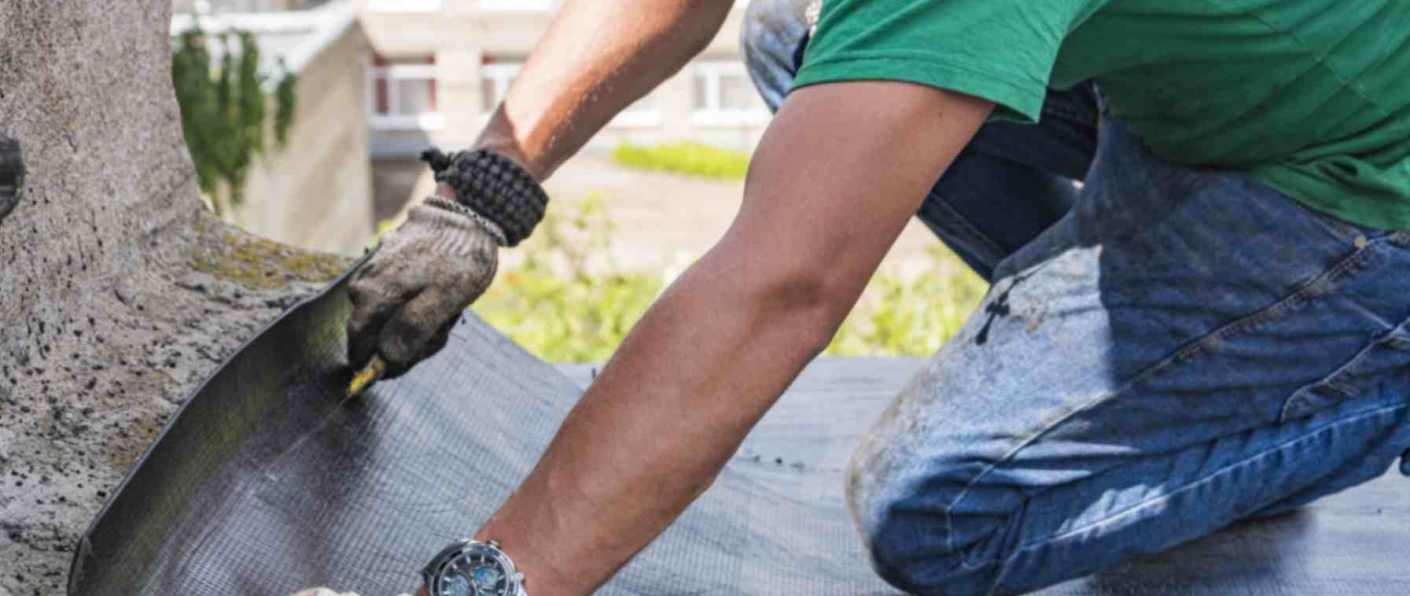- Written by: Team Vura
Effective Waterstops for Waterproofing Construction Joints
Introduction
Waterproofing construction joints is a crucial aspect of any building project, ensuring the structure remains durable and safe from water damage. One of the most effective methods to achieve this is through the use of waterstops.
Waterstops are critical components designed to prevent water from passing through concrete joints. This blog explores the different types of waterstops and their effectiveness in waterproofing construction joints.
Understanding Waterstops
Waterstops are flexible elements embedded in concrete structures to form a continuous barrier that prevents water from penetrating construction joints. They are used in various applications, including:
- Basements
- Tunnels
- Water treatment plants
- Other structures exposed to water
Waterstops come in various materials and shapes, each designed to meet specific project requirements.
Types of Waterstops
1. PVC Waterstops
Polyvinyl Chloride (PVC) waterstops are among the most commonly used types. They are:
- Flexible and durable
- Resistant to a wide range of chemicals
- Available in different shapes and sizes
Easily customizable to fit specific joint configurations
2. Rubber Waterstops
Rubber waterstops are made from natural or synthetic rubber, offering excellent elasticity and flexibility. They are:
- Highly effective in sealing construction joints
- Ideal for structures experiencing thermal expansion and contraction
Durable and resistant to water penetration
3. Bentonite Waterstops
Bentonite waterstops are composed of sodium bentonite clay, which swells when in contact with water, creating a tight seal. They are:
- Highly effective in preventing water infiltration
- Often used in below-grade structures like basements and tunnels
Easy to install with long-lasting waterproofing benefits
4. Hydrophilic Waterstops
Hydrophilic waterstops are made from materials that swell upon water exposure, forming a compressive seal that prevents water passage. They are:
- Highly effective for sealing joints and cracks in concrete
- Ideal for sewage treatment plants and retaining walls
Suitable for projects with intermittent water exposure
5. Metal Waterstops
Metal waterstops, typically made from stainless steel or copper, provide a robust and durable solution. They are:
- Highly resistant to chemical attacks
- Commonly used in industrial applications
Designed for projects requiring high structural integrity
Benefits of Using Waterstops
Using waterstops in construction joints offers several key benefits:
- Enhanced Durability – Protects structures from water damage, increasing their lifespan.
- Cost-Effective – Prevents water infiltration, reducing the need for costly repairs.
- Versatility – Available in various types and materials to meet specific project requirements.
- Easy Installation – Designed for efficient and effective installation, minimizing labor costs.
Environmental Protection – Prevents groundwater and soil contamination, supporting sustainability efforts.
Installation Tips for Waterstops
To ensure the effectiveness of waterstops, proper installation is crucial. Follow these best practices:
- Proper Placement – Ensure the waterstop is correctly positioned within the joint for continuous contact with both sides of the concrete.
- Secure Anchoring – Use appropriate anchors or ties to keep the waterstop in place during concrete pouring.
- Clean Joints – Ensure joint surfaces are clean and free from debris before installation.
- Avoid Damage – Handle waterstops carefully to prevent punctures or tears that could compromise their effectiveness.
Follow Manufacturer Guidelines – Adhere to the manufacturer’s instructions for optimal performance.
Conclusion
Waterstops play a vital role in waterproofing construction joints, ensuring the longevity and integrity of concrete structures. By selecting the appropriate type of waterstop and following proper installation practices, you can effectively prevent water infiltration and protect your project from potential damage.
Whether working on a basement, tunnel, or water treatment plant, investing in quality waterstops is a smart and cost-effective decision for any construction project.
For more information on waterstops and their applications, feel free to reach out to our team of experts. We are here to help you choose the best waterproofing solutions for your specific needs.










